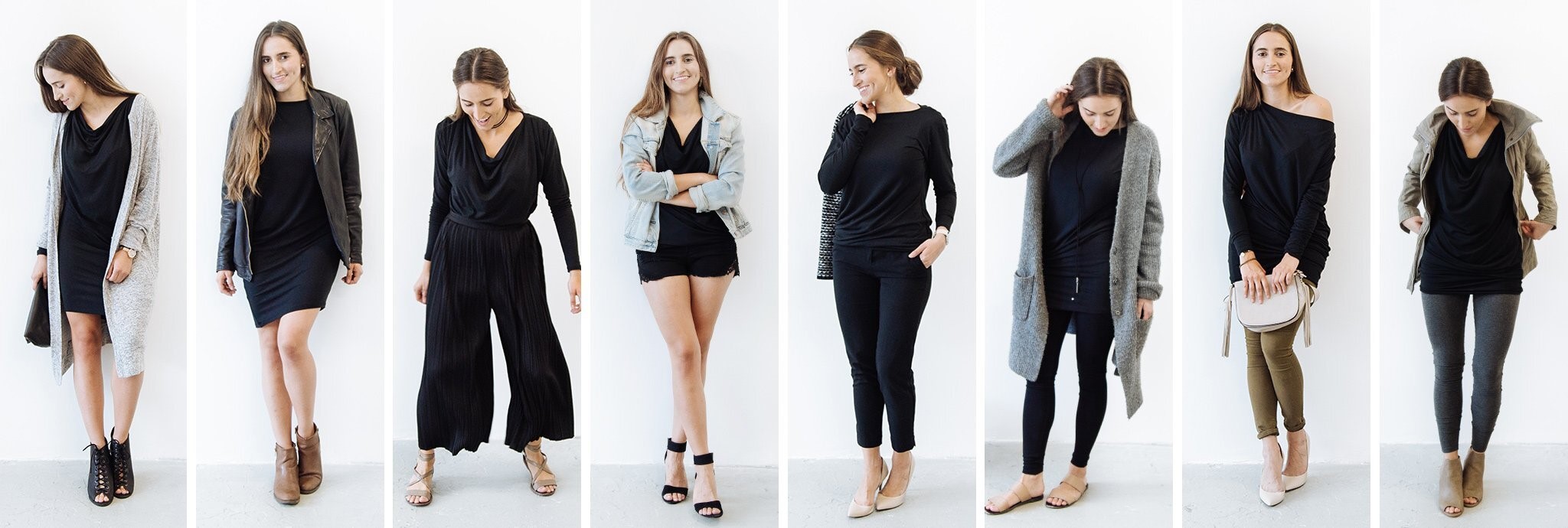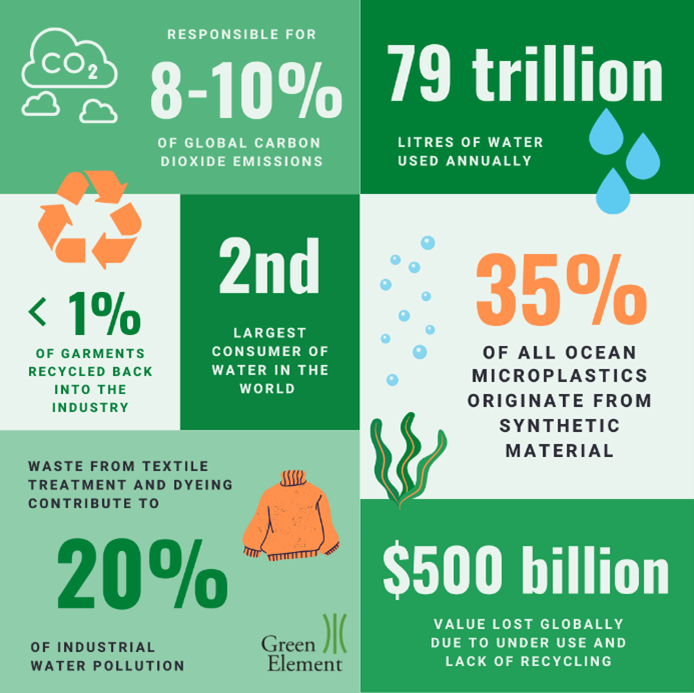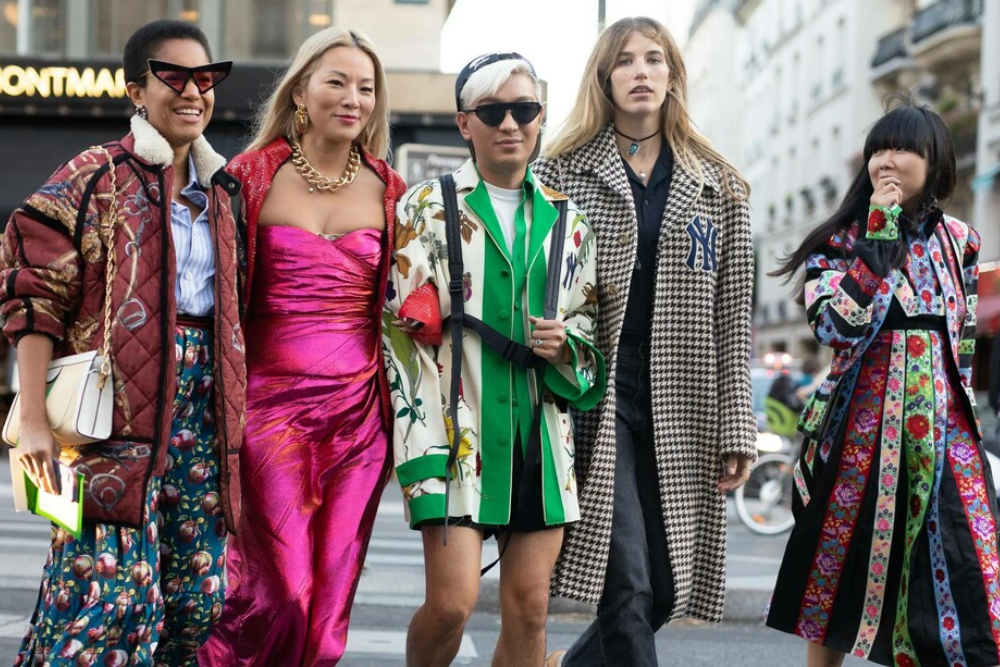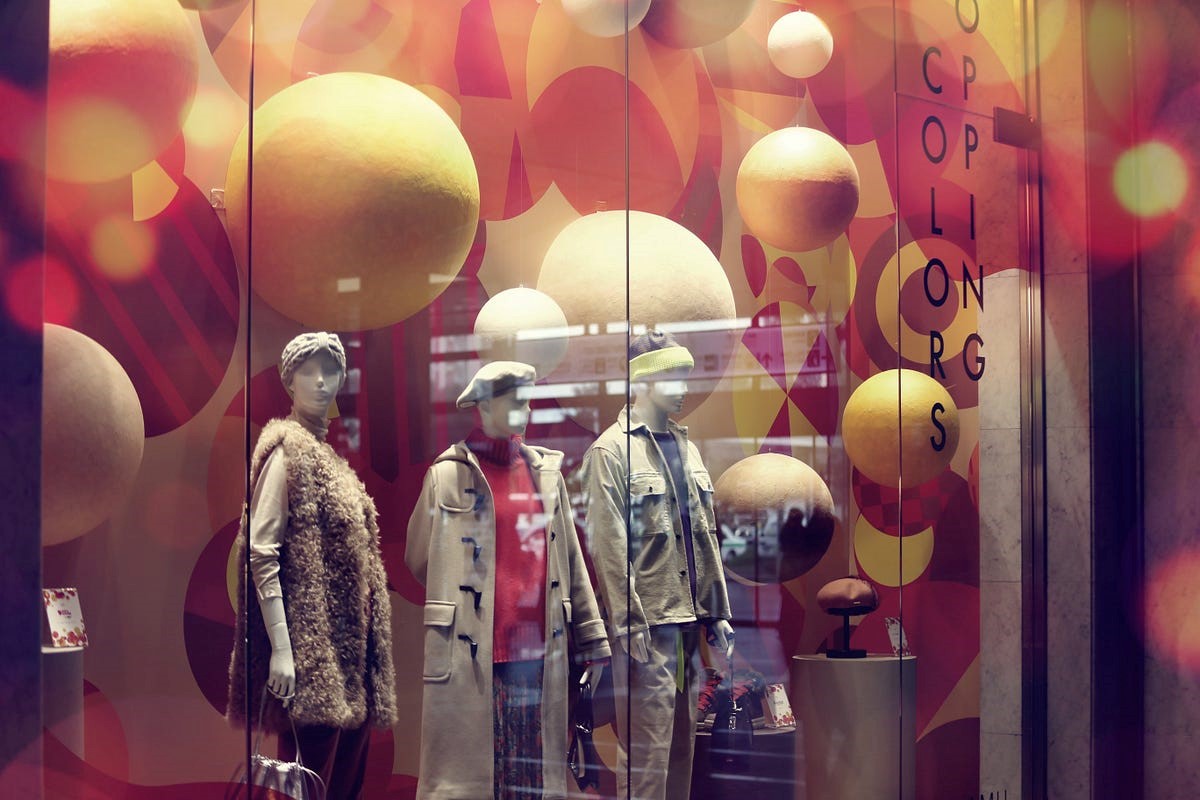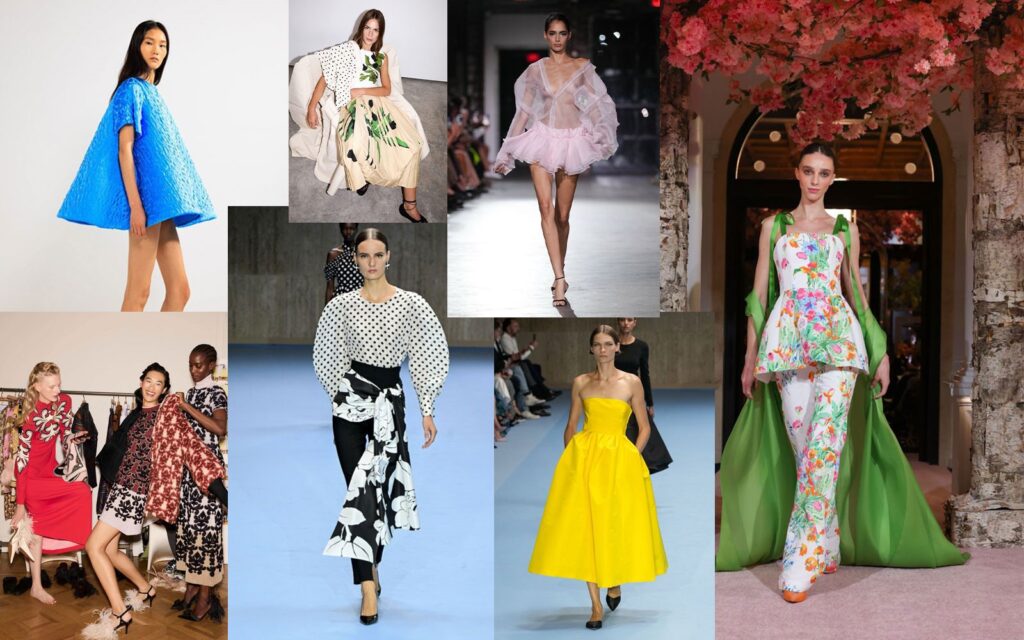Introduction
The fashion industry has long been criticized for its unsustainable and unethical practices, from exploitative labor conditions to environmental degradation. However, in recent years, there has been a growing shift toward ethical fashion. Consumers are increasingly seeking brands that prioritize sustainability, fair labor practices, and transparency. Ethical fashion brands are paving the way for a more responsible industry by offering clothing that not only looks good but also makes a positive impact on the planet and its people. This article explores some of the most influential and innovative ethical fashion brands, highlighting their commitment to sustainability, fair wages, and social responsibility.
- What Makes a Fashion Brand Ethical?
Before diving into specific brands, it’s essential to understand the key principles that define ethical fashion.
- Sustainability
Sustainable fashion focuses on reducing the environmental impact of clothing production. This includes using eco-friendly materials (e.g., organic cotton, Tencel), reducing waste through circular design, and ensuring low carbon footprints throughout the production and distribution processes.
- Fair Labor Practices
Ethical fashion also prioritizes fair wages, safe working conditions, and workers’ rights. Brands that adhere to fair trade practices ensure that garment workers are paid fairly and treated with dignity and respect.
- Transparency
Transparency refers to brands being open about their supply chains, production processes, and sourcing of materials. Ethical brands often share information about where their products are made, how they are made, and what efforts they are taking to reduce harm to the environment and society.
- Top Ethical Fashion Brands to Know
Now, let’s explore some of the most recognized ethical fashion brands that are leading the way in the industry.
- Patagonia
Patagonia is one of the pioneers of ethical fashion and remains at the forefront of sustainability efforts. The brand is committed to using recycled materials, such as plastic bottles and discarded fabrics, in its products. Patagonia also advocates for environmental activism, using its platform to raise awareness about climate change and conservation.
Key Ethical Practices:
- Uses 100% recycled polyester and organic cotton.
- Promotes repairing and reusing clothing through its Worn Wear program.
- Donates 1% of sales to environmental organizations.
Why it’s ethical: Patagonia’s transparency, environmental advocacy, and focus on durable, high-quality products make it a leading ethical brand. It focuses on long-term sustainability over short-term profits.
- Reformation
Reformation is a brand that combines style and sustainability, offering fashionable pieces that are made from eco-friendly materials like recycled fabrics, organic cotton, and hemp. The brand also works to minimize waste by producing in limited quantities and ensuring that all of its packaging is compostable or recyclable.
Key Ethical Practices:
- Uses recycled and sustainable materials like Tencel, organic cotton, and recycled polyester.
- Prioritizes low-waste manufacturing processes.
- Advocates for climate-positive actions and offsets its carbon footprint.
Why it’s ethical: Reformation has committed to full transparency about its manufacturing process and works to ensure that all its products are made with minimal environmental impact. It’s known for its trendy designs that don’t compromise on sustainability.
- Stella McCartney
As a high-end designer brand, Stella McCartney has long been a leader in ethical fashion. The brand has consistently rejected the use of leather, fur, and other animal products in favor of sustainable alternatives. McCartney also focuses on reducing the environmental footprint of its production processes, using organic cotton, recycled fabrics, and ethical manufacturing.
Key Ethical Practices:
- Never uses leather or fur.
- Focuses on organic and recycled materials.
- Advocates for sustainable textile innovation, such as using lab-grown materials and alternative fibers.
Why it’s ethical: Stella McCartney has built an entire brand around ethical and sustainable principles. Its focus on cruelty-free materials, high-quality manufacturing, and environmental consciousness places it at the top of ethical fashion brands.
- Everlane
Everlane’s “Radical Transparency” is a cornerstone of its brand, as it provides detailed information about the true cost of production, including materials, labor, and transportation. The company works directly with ethical factories and strives to ensure fair wages and working conditions for its employees.
Key Ethical Practices:
- Works with ethical, transparent factories.
- Offers fair pricing by revealing its production costs.
- Focuses on minimalist designs made from sustainable materials.
Why it’s ethical: Everlane’s transparency in pricing and production helps consumers make informed choices. Its commitment to sustainable practices and fair labor conditions make it a standout in the ethical fashion space.
- People Tree
People Tree is a UK-based brand that is known for pioneering fair trade fashion. It works closely with artisans and farmers in developing countries, ensuring they receive fair wages and that their working conditions meet ethical standards. The brand uses organic cotton, recycled materials, and natural dyes in its collections.
Key Ethical Practices:
- Fair Trade certified products.
- Uses organic cotton and sustainable materials.
- Supports artisan communities in developing countries.
Why it’s ethical: People Tree’s commitment to fair trade, ethical production, and sustainability has earned it a strong reputation as one of the most ethical brands in fashion. Its focus on empowering communities through ethical labor practices makes it a leader in the field.
- Toms
Known for its One for One program, Toms has shifted its focus to sustainable fashion while still maintaining its commitment to social impact. The brand uses sustainable materials like organic cotton, recycled polyester, and jute in its shoes and accessories. Toms also gives back by donating a portion of its profits to various charitable initiatives.
Key Ethical Practices:
- Uses sustainable materials like organic cotton, recycled fabrics, and jute.
- Focuses on giving back through the One for One program, supporting global causes.
- Promotes ethical labor in its production.
Why it’s ethical: Toms not only focuses on sustainability but also gives back to communities, making it a strong ethical brand that balances social impact with eco-conscious fashion.
- Pangaia
Pangaia is a new, innovative brand that blends cutting-edge technology with sustainable fashion. It uses sustainable fabrics such as seaweed fibers, cactus leather, and recycled materials. Pangaia also incorporates bio-based dyes and strives to maintain a circular economy by making products that can be fully recycled.
Key Ethical Practices:
- Uses bio-based materials, such as seaweed and algae fibers.
- Focuses on a circular fashion model to reduce waste.
- Promotes sustainable dyeing processes that reduce water and energy consumption.
Why it’s ethical: Pangaia is on the cutting edge of sustainable innovation. The brand’s use of next-gen materials and its commitment to reducing environmental impact through circular fashion practices make it a notable ethical brand.
- The Importance of Supporting Ethical Fashion Brands
- Reducing Environmental Impact
By supporting ethical brands, consumers can help reduce the fashion industry’s impact on the environment. These brands prioritize eco-friendly production processes, use sustainable materials, and work to minimize waste, helping to lower the overall carbon footprint of fashion.
- Fair Labor Practices
Ethical fashion brands ensure fair wages and safe working conditions for their employees. By supporting brands that respect workers’ rights, consumers can help combat exploitation in the garment industry.
- Promoting Transparency
Transparency is key in building trust between brands and consumers. Ethical brands are open about their supply chains, sourcing, and manufacturing processes, allowing consumers to make informed choices about the products they purchase.
- How to Identify Ethical Fashion Brands
- Look for Certifications
Certifications like Fair Trade, GOTS (Global Organic Textile Standard), and B Corp can help consumers identify brands that adhere to ethical and sustainable practices.
- Research the Brand’s Transparency
Ethical brands are transparent about their supply chains, working conditions, and environmental practices. Consumers should look for brands that openly share this information.
- Check Material Sourcing
Sustainable materials like organic cotton, hemp, Tencel, and recycled polyester are indicators that a brand is focused on reducing its environmental impact.

